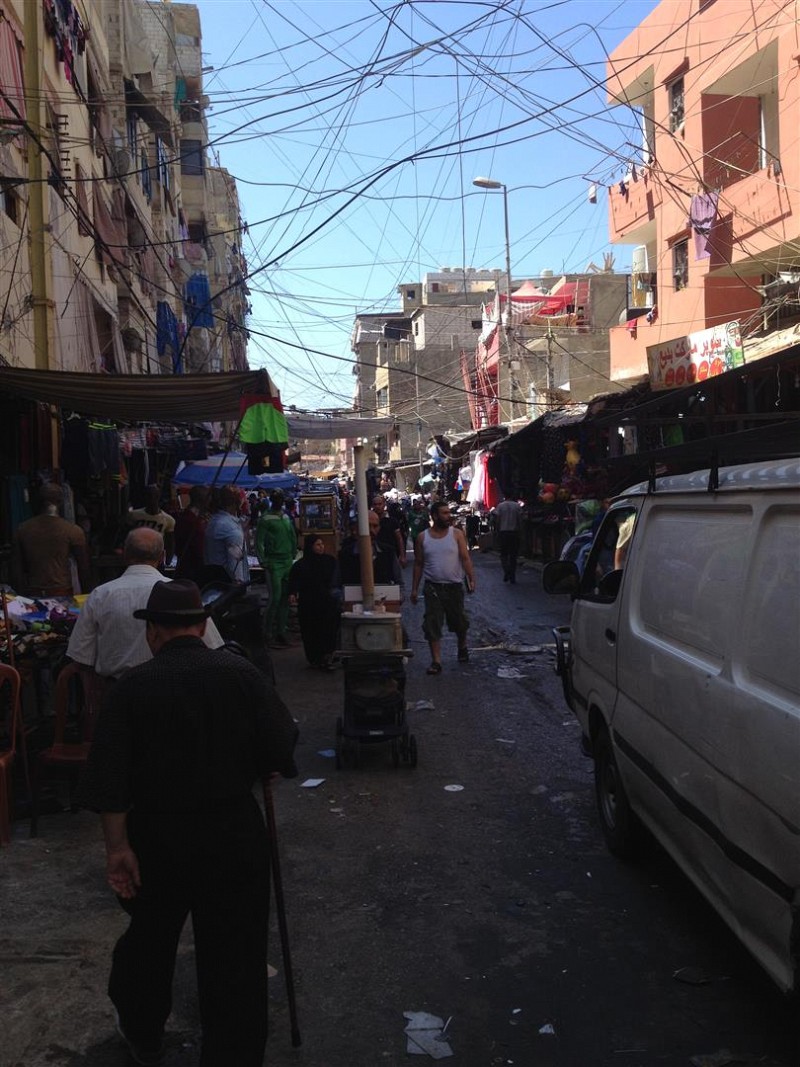ITF monitoring visit to Lebanon

From 18 to 21 August 2015 ITF representatives carried out a monitoring visit to Lebanon.
The scope of the visit was threefold. First, ITF met with the NGO “Najda Now International” representative who is responsible for the implementation of the project addressing the Syrian refugee issue.
The “Tomorrow is Ours” project, supported with the generous donation by the Ministry of Foreign Affairs of the Republic of Slovenia, takes place in a centre in the Shatila refugee camp, southern Beirut. It addresses psychosocial and educational needs of Syrian refugees – around 200 children. The project aims to provide Syrian refugees with educational and psychosocial care and attention that will enable them to overcome the sufferings and difficulties they have experienced during times of conflict and prolonged periods of being refugees.
During the visit, the ITF representatives have been acquainted with the psychosocial and educational activities carried out within the project programme. In discussion with the local implementing partner it has been pointed out that since the eruption of the Syrian Civil War the Shatila refugee camp has swollen with Syrian refugees. Therefore, sustaining such a facility and programme that provides Syrian children psychosocial and educational support is of utmost importance.
Second, the ITF, with the organizational support of the Lebanon Mine Action Centre (LMAC), visited two worksites in Southern Lebanon where landmine/ERW clearance activities are carried out. One is operated by DanChurchAid (DCA), the other by Norwegian People’s Aid (NPA). The projects cover high priority areas in Southern Lebanon considering their fertile ground and agricultural activities carried out. Clearance is therefore urgent so to provide local farmers safe conditions for tillage. During the site visit, the ITF representatives and the LMAC officials were briefed on the activities the two organizations have been carrying out also noting specific issues they face during their work.
The clearance activities are supported by OPEC Fund for International Development (OFID) and the United States Department of State, Bureau of Political-Military Affairs, Office of Weapons Removal and Abatement (PM/WRA) and will be successfully completed by August 31, 2015. Considering this, ITF has already initiated activities to secure funds for continuation of cluster munitions clearance activities, which is of utmost importance for local population and high number of refugees.
Last but not least, the ITF seized this opportunity to inform and up-date the relevant states’ embassies and EU representatives in Lebanon on the country needs considering the refugee issue and the landmine/ERW clearance. In this vein, the ITF looks forward to further its activities in the country.